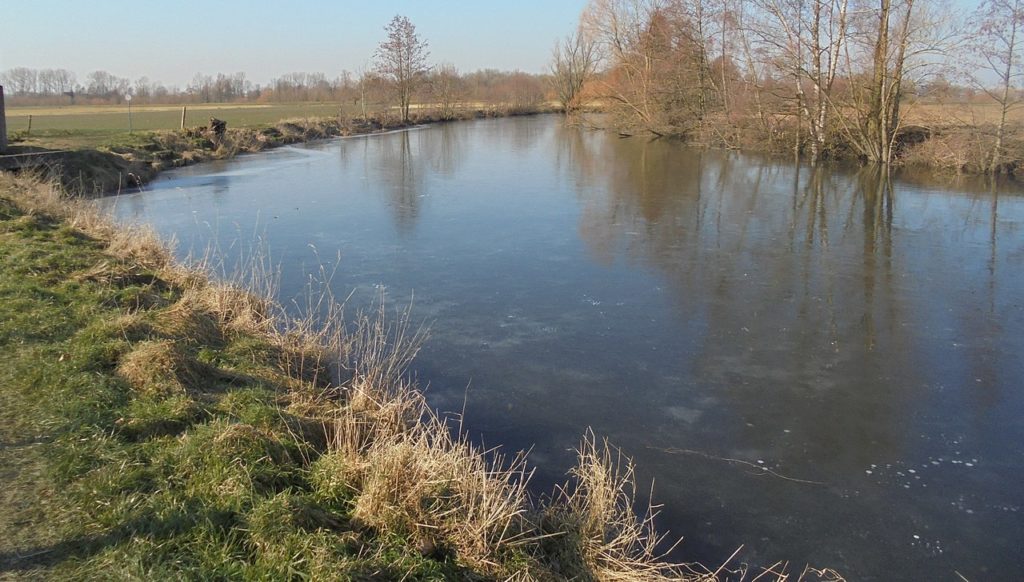The majority of the fish affected by a massive discharge of pollutant into the River Scheldt in April survived the emergency – but only those in the Flemish section of the river.
The incident took place in early April, when a sugar factory in France accidentally released thousands of tonnes of beet pulp – the residue left after the extraction of sugar – into the river.
The factory tried to stem the flow of the pulp, which has the effect of sucking up all of the oxygen in the water. The French section of the river was immediately affected, but the factory and the French civil defence authorities failed to notify their counterparts in Belgium.
The result was that by the time the pollution reached the Belgium-France border and entered Wallonia region, the environmental authorities on this side of the border were wholly unprepared.
When the alarm was raised, the Flemish agency for nature and forests (ANB) was able to take defensive action, but the Walloon region was taken by surprise. As a result, there was little they could do to stop virtually all of the fish in that section of what in French is the Escaut from suffocating to death.
Downriver in Flanders, meanwhile, ANB called in civil defence to set up pumps along the river to replenish the oxygen depleted by the beet pulp.
“We have saved about 95% of the fish stock,” said fish biologist Alain Dillen of the ANB. “We have noticed that anglers are now also catching fish that are very sensitive to oxygen deficiency. That is very positive, because if those species have survived, many other fish will have survived.”
And he stressed that the situation was not exaggerated at the time, and can accurately be described as an environmental disaster.
“We performed a minor miracle,” he said. “We managed to keep fish alive for days in biologically dead water that contained zero percent oxygen. If we hadn't done anything, the result for the Scheldt would have been identical to the situation in France, which would have been a really big disaster.”
The survival of fish stocks in the Flemish section offers some hope for the Walloon section, as the fish are able to migrate upstream. But the presence of man-made obstacles makes it impossible for them to re-populate the section in northern France.
Bringing fish to the French section manually is also not a simple matter.
“You run the risk of your fish dying immediately, or even bringing a sickness with them. You would have to be placing a perfectly farmed fish, but that would take at least five years,” he said.
Alan Hope
The Brussels Times

